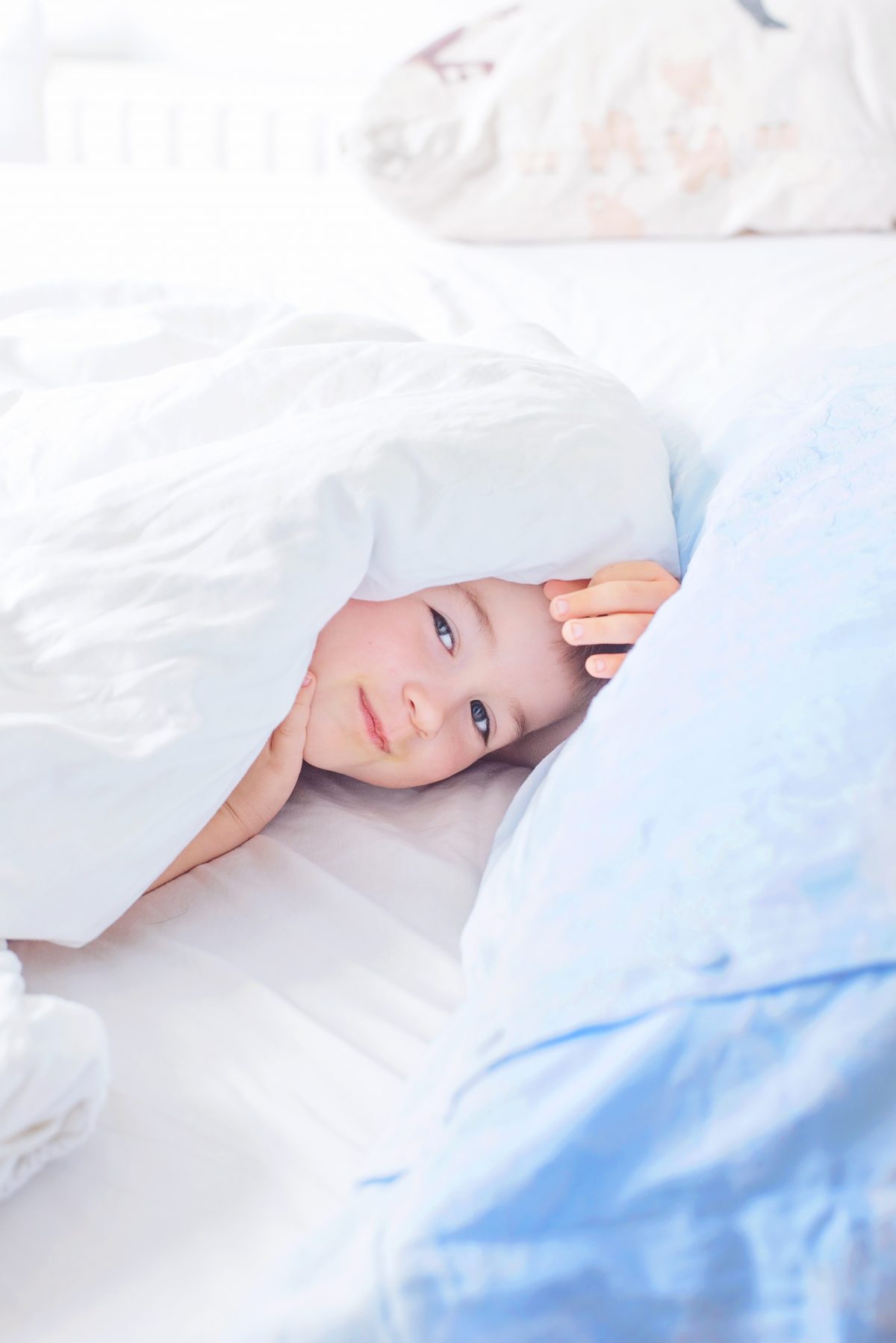The Secret Ingredient to Making Your Kids’ Bedtime a Dream
When children struggle to fall asleep or keep waking up in the night, we often think about
screens or routines. But what they eat – and when they eat it – can also affect how well they
sleep.
Lisa Artis from The Sleep Charity shares her advice on how food links to sleep, and which
foods might help or make things worse.

Why food matters for sleep
Children need the right nutrients to make hormones that help them sleep. Melatonin tells the
body it’s time to rest. Serotonin helps them feel calm. These come from what they eat.
Low levels of things like magnesium, vitamin B6 and tryptophan can make sleep harder. Foods
that cause sugar highs and crashes can also wake children up in the night. And if they eat a big
meal too late, their body is busy digesting when it should be settling down.
What to eat for better sleep
Some foods help the body relax and sleep more deeply. These are good to include in your
child’s evening routine. Arthis says, “You don’t have to give up some of your favourite foods, snacks or treats to get better sleep, but you do need to be mindful of when to eat them, especially if you want to
increase your chances of feeling well rested in the morning.”
Here are some helpful options:
● Oats
A warm bowl of oats (with no added sugar) can be calming before bed. Oats are a
natural source of melatonin and slow-digesting carbs that help the body settle.
● Bananas
Bananas have magnesium and potassium, which help muscles relax. They also contain
vitamin B6, which helps the body use tryptophan to make serotonin.
● Almonds
Almonds are rich in magnesium and can support deep sleep. A small handful before bed
(if age-appropriate and allergy-safe) may also help keep blood sugar steady overnight.
● Kiwi
Kiwi is full of antioxidants and serotonin. Some studies show people fall asleep faster
and sleep longer after eating it. It’s also low in sugar.
What to avoid late in the day
Some foods can make it harder to fall or stay asleep. Arthis continues: ‘’Certain foods can tax
the digestive system, leading to sleep disturbances. If your stomach often keeps you awake at
night, limit eating the following foods or drinking too much water less than 3 hours before lights
out.”
Avoid giving them these in the evening:
● Caffeine
Caffeine can stay in the body for hours. It blocks adenosine, which helps us feel sleepy.
That includes fizzy drinks, some teas, energy drinks and even chocolate. It’s best to stop
caffeine after lunch.
● Spicy foods
Spicy meals can raise body temperature and cause heartburn or indigestion, especially
late in the day. If your child likes spice, serve it at lunchtime.
● Heavy meals
Large or fatty meals late in the evening keep the body working when it should be
relaxing. Try to eat dinner at least 2–3 hours before bed.

Timing matters too
It’s not just about what your child eats, but when. Eating too close to bedtime can cause
digestion problems. But going to bed hungry isn’t helpful either.
Try this:
● Keep their regular mealtimes during the day.
● Make sure they finish dinner a few hours before bedtime.
● If they’re hungry later, offer a light snack like a banana, a few almonds or some oats.
Final thought
Getting better sleep doesn’t always mean a new hybrid mattress or blackout curtains.
Sometimes, it’s about what and when you eat. Small changes to your food routine can help your
body relax, fall asleep faster, and rest more deeply. This isn’t a magic fix for all your bedtime woes. But if bedtime becomes a battle, it’s a good place to start.

